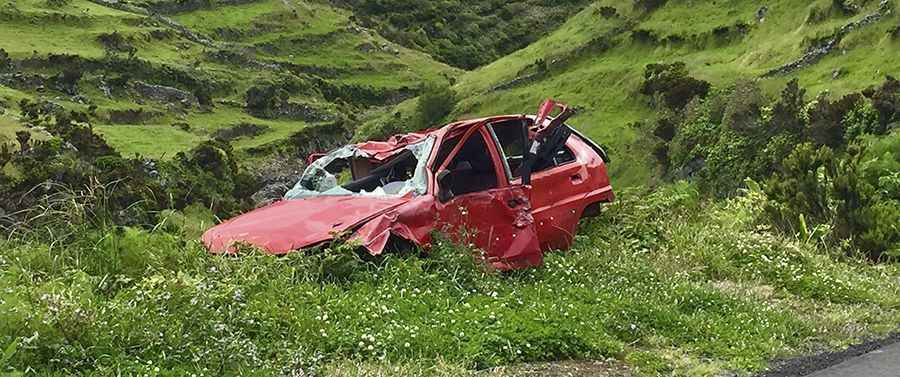What to do After a Car Accident That's Not Your Fault
Post-Collision Protocol: 6 Strategic Steps After a Non-Fault Accident on US Roads
Experiencing a vehicle collision is a high-stress logistical disruption that requires immediate and strategic action to mitigate both physical and economic damages. When an incident occurs through no fault of your own, the priority shifts to preserving the factual integrity of the scene and securing your right to full compensation for medical expenses, vehicle repairs, and lost productivity. Managing the aftermath on American roads involves a precise sequence of events—from scene documentation to legal coordination—that determines the success of your recovery mission. This guide analyzes the essential protocols to follow after a non-fault accident.

| Non-Fault Accident Response Data | |
|---|---|
| Primary Objective | Damage mitigation and liability preservation |
| Legal Classification | Economic and non-economic damage recovery |
| Critical Protocol | Factual documentation without admission of fault |
| Recovery Specialist | Personal injury attorney for insurance negotiation |
1. Scene Triage and Official Documentation
The immediate logistical priority after any collision is assessing injuries for all involved parties. If serious trauma is suspected, maintaining the position of the victims is essential until emergency services arrive. Even in minor incidents on the roads, contacting the police to generate an official accident report is a vital protocol. This document serves as a neutral, third-party record that prevents the other driver from disputing the facts of the incident during the liability determination phase.
2. Factual Integrity and Communication Discipline
A critical error in post-accident logistics is the premature admission of fault or making reflexive apologies. Communication with the other driver and the authorities should be limited to strictly factual information. Apologizing or admitting guilt at the scene can be used by insurance providers to mitigate their liability and reduce your potential settlement. Focus on obtaining the other driver’s contact and insurance data while documenting the scene through high-resolution photography and witness statements.
3. Insurance Coordination and Preventative Medical Triage
Even in a non-fault scenario, notifying your own insurance provider is a mandatory logistical step to protect against counter-claims. Simultaneously, seeking immediate medical attention is essential, as internal injuries or concussions may not manifest until hours after the event on the road. Early medical documentation provides an irrefutable link between the accident and your injuries, preventing insurance companies from claiming that the trauma was pre-existing or unrelated to the collision.
4. Specialized Legal Counsel for Settlement Logistics
Engaging a personal injury attorney is the most effective way to navigate the complexities of insurance negotiation. Insurance providers are incentivized to minimize payouts; professional counsel ensures that your demand for compensation reflects the true cost of your economic and non-economic losses. Your attorney will manage the evidence logistics and represent your interests if the case requires a trial, ensuring that your rights are upheld and that the settlement is sufficient for a full recovery.
Conclusion: Executing a Structured Recovery Mission
Navigating the aftermath of a non-fault accident requires discipline and a structured approach to logistics. By prioritizing medical triage, scene documentation, and professional legal support, you transform a chaotic event into a manageable path toward recovery. The goal is to return to the roads with your health and financial status fully restored. Stay calm, follow the protocol, and focus on the road. Precision in the aftermath is as important as safety during the drive.